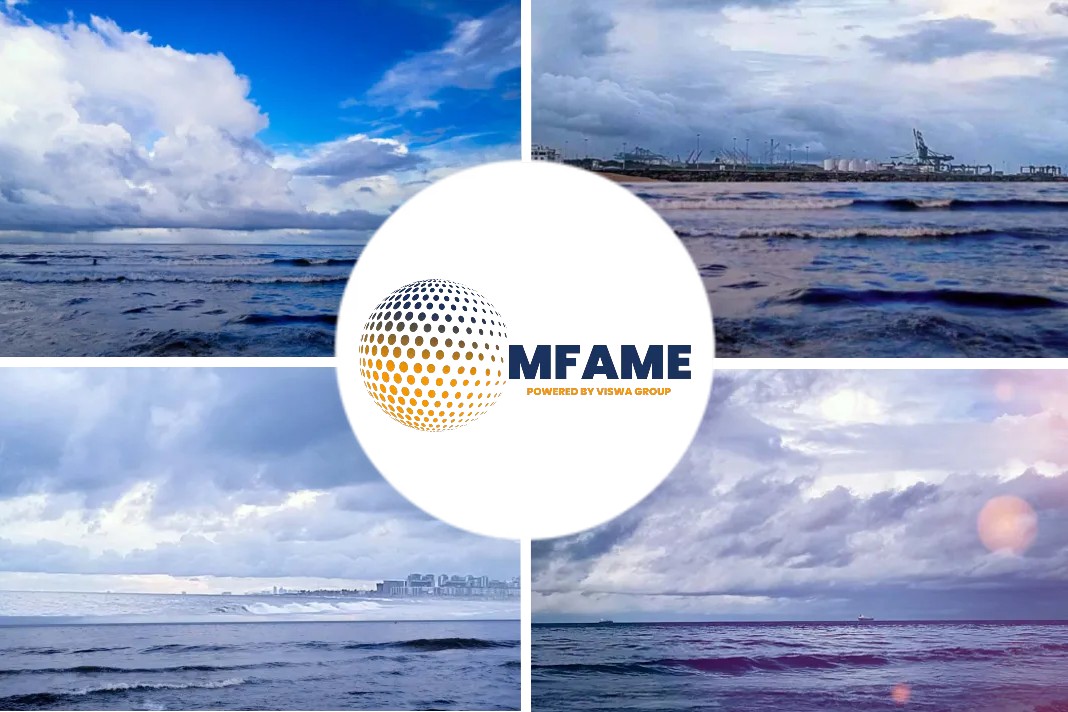Download the whitepaper here:
Viswa Lab today released a white paper to allay all myths and confusions with regard to diagnosing and predicting problems in Marine Fuels. The white paper helps to clarify the issues, dispel the myths, and establish that the potential problems due to poor quality fuels can be detected and diagnosed in advance thereby enabling preventive steps to be taken quickly.
The higher purpose of a lab is to help the suffering fuel user from the complications caused by adulterated fuel by accurately identifying the source and cause of the problem. The UK law “Fitness for Purpose” under the law of Torts, is very clear. When a fuel is purchased, the purpose is to run engines problem free on long voyages without any help or assistance. Whatever may be the reason, if the fuel supplied does not meet this criterion, it is a fuel that should be rejected and the supplier is answerable for the quality of the product supplied and paid for.
Yes, there is no reference, there is no established proof, of what contaminants at what levels will cause damage. However the human race has survived on skillful, intelligent observations. We build empirical algorithms based on these observations and we work to establish proof to confirm these algorithms.
To give the suppliers the benefit of doubt, which is what Annexure B of ISO 8217 Deleterious Materials provides, is unfair and unethical. There is no justification for giving a limit of 60 ppm for Al+Si when the global average is 22 ppm. Is it intended to accommodate a few suppliers who may sell high Al+Si fuels? There is an ethical and moral issue here. Why should the ship staff or fuel buyer complain about the fuel quality? He has no vested interest in this. On the other hand, a fuel seller has all the vested interest. Just for this reason, the benefit of doubt on fuel quality should be given to the fuel user/fuel buyer.
The following agencies have studied chemical contamination in bunker fuels problem and declared;
- Lloyds Register in a Marine Quality Review published and submitted to Intertanko in February 2016 published a list of problems experienced by various vessels and chemical contaminants found in the fuels.
In this article the following statements were made; “In a number of instances this extraneous material is found to be waste chemicals and other such material for which marine fuels are at times seen by some as a convenient disposal route.”
 Table from LR report submitted to Intertanko showing problems vessels faced to contaminants found in them
Table from LR report submitted to Intertanko showing problems vessels faced to contaminants found in them
(Source – Intertanko)
- A report submitted by Intertanko to MEPC 62 2011 indicated that majority of the vessel problem cases reported to MEPC were as a result of chemical contamination.
Download the whitepaper here:
Did you subscribe for our daily newsletter?
It’s Free! Click here to Subscribe!






















